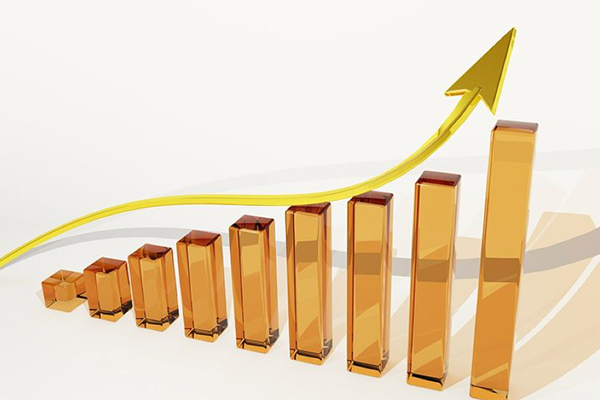
File photo
According to the Pakistan Bureau of Statistics, overall inflation hit 11.5 percent, while the sensitive price index reached 18.1 percent
Inflation in Pakistan climbed to 11.5% in November 2021—the highest since February 2020—as the country’s economy struggles with ongoing currency devaluation; global inflationary pressures; and a slew of measures that have driven up the prices of electricity and fuel.
According to a monthly report issued by the Pakistan Bureau of Statistics, inflation measures by the Consumer Price Index (CPI) was the highest in 20 months, jumping 3% on a month-on-month basis. Meanwhile, prices of essential commodities, including fresh vegetables, fruits and meat, posted an increase in both urban and rural centers. In urban areas, CPI inflation increased by 12% year-on-year, while CPI (rural) hiked by 10.9% year-on-year.
The PBS data showed that the following food items had witnessed price increases in urban areas in the past month: tomatoes (131.64%), mustard oil (11.6%), vegetable ghee (10.87%), vegetables (10.47%), eggs (10.19%), cooking oil (9.71%), potatoes (8.85%), honey (5.61%), fruits (4.37%), pulse masoor (3.14%), meat (2.63%), milk (2.33%), fish (1.90%), gram whole (1.77%), rice (1.73%) and sugar (1.43%).
Meanwhile, the prices of onions declined by 7.97%, chicken by 4.34%, and pulse moong by 0.69%. Overall, a similar trend in food prices was observed in rural areas.
Non-food inflation in urban centers, on a year-on-year basis, increased by 12%, while it posted a 2% increase month-on-month. In rural areas, it rose by 13% and 3%, respectively, with data showing that the increase was primarily driven by a tariff increase for oil products.
Average inflation from July to November climbed to 9.32% against 8.76% in the same period last year.
Despite claims by the government that inflation is on the decline, the ongoing surge in prices of essential commodities has prompted concern from citizens, with thousands of government employees staging a sit-in in front of Parliament on Tuesday for higher salaries to offset the inflationary pressures.
The State Bank of Pakistan, last year, increased the interest rate to 8.75% in a bid to prevent the economy from “overheating.” It said the decision was intended to reduce pressures on the economy and curb inflation.
According to the monthly PBS report, the Wholesale Price Index (WPI) climbed by 27% year-on-year, suggesting the current pressure is unlikely to subside in the coming months. The report noted that WPI had mainly increased due to higher prices of textile and apparels; metal products; transport goods; food; beverages; and leather products.
The report suggests Pakistan’s inflation rate is driven by demand, international commodity prices, exchange rate, seasonal factors and economic agents’ expectations concerning future developments of these indicators. The government has recently announced several relief measures, including targeted subsidies for the impoverished, to overcome the issue but has yet to implement any of its stated plans.
It has cited core inflation—calculated by excluding food and energy—in urban areas at 7.6% in November against 6.7% in October; similarly, in rural areas it went from 6.7% to 8.2% month-on-month.
Inflation rate for the group comprising housing, water, electricity, gas and fuel group increased by 15 percent last month, largely due to a recent surge in prices of electricity.
